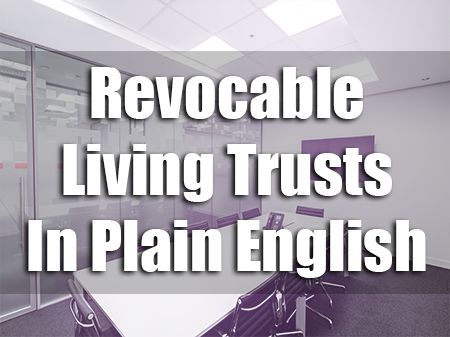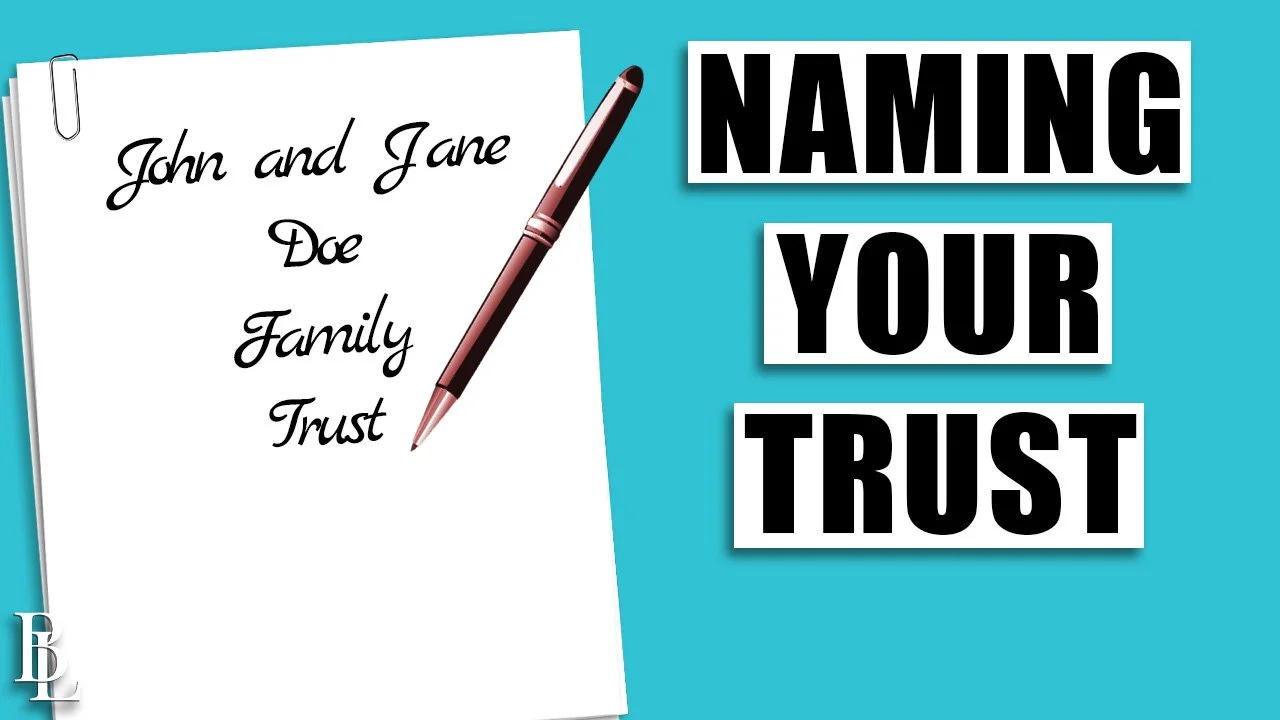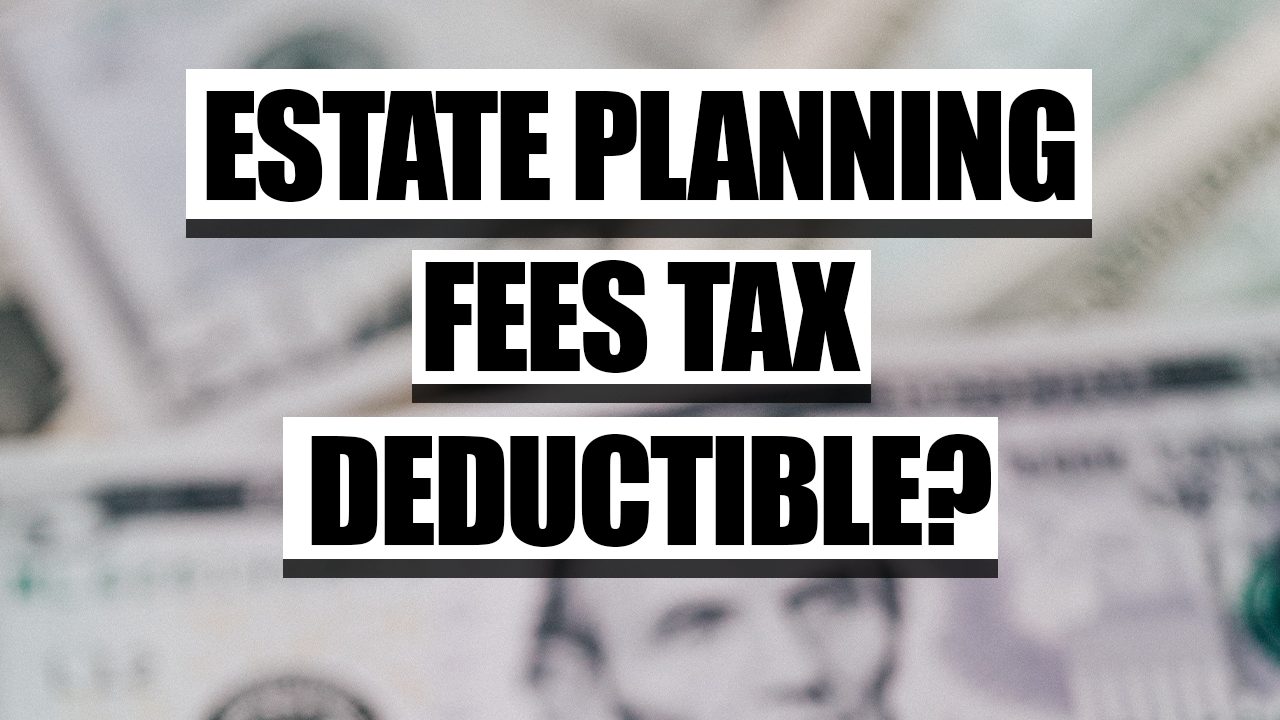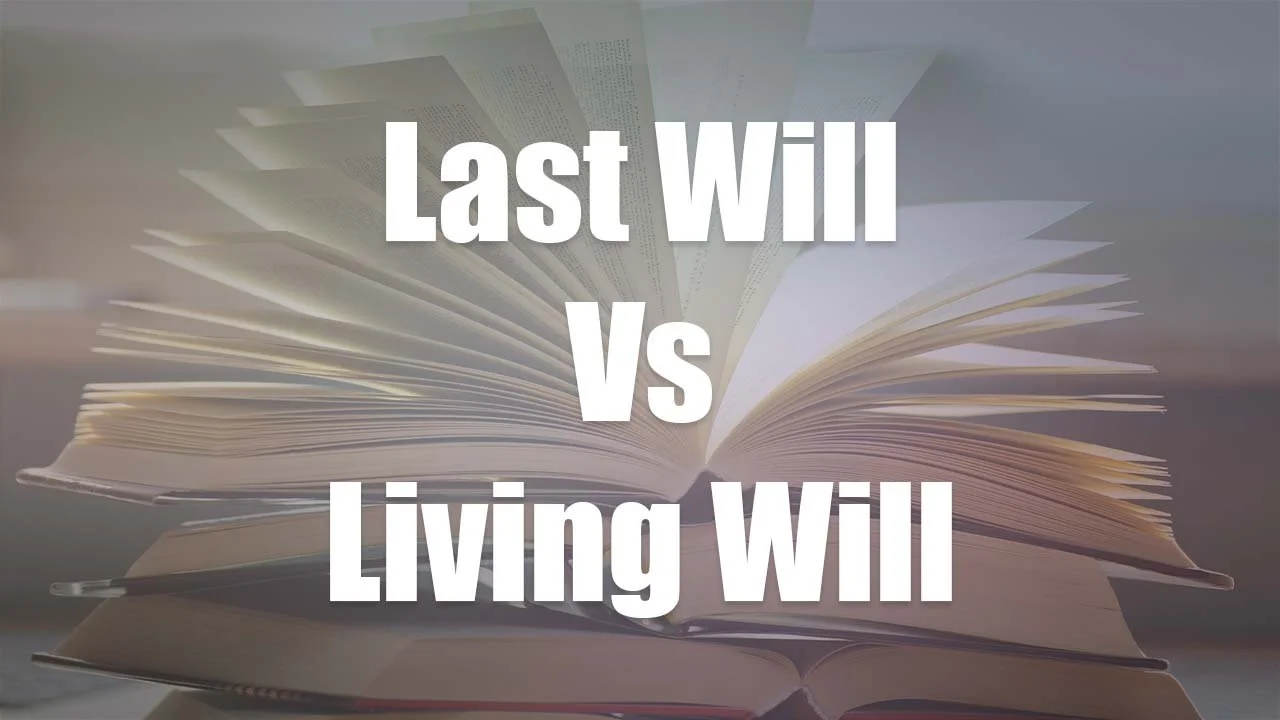As an estate planning law firm, we consider the foundation of which your entire estate plan should be built around is the Revocable Living Trust. However, we've often found that people either don't really understand exactly what a trust is, or they think it's something only rich people do to hoard money. While wealthy people do utilize living trusts, they are by no means, a tool limited to the wealthy. But that raises the question - what is a living trust? Putting it plainly, a trust is a legal entity that holds assets put into it.
Read MoreWhen performing some, what I thought was routine, legal research as a normal part of my practice, I came across a reference to trusts holding property in joint tenancy with another party and the legal support in the California Civil Code of all places. This sent me down a small rabbit-hole because the prospect of this was strange to me. Common wisdom is that a trust cannot hold property in joint tenancy with another party, but the Civil Code seems to imply otherwise.
Read MoreA question we hear from our clients upon occasion is how to name their trust or even why they need to name their trust. There actually is not much to it, but all trusts need a name for identification purposes. If a trust is holding assets, like real property, then it needs a name so everyone can see who is actually holding title to the property. Additionally, when it comes to an irrevocable trust paying taxes for example, the IRS is going to need to know the name of the trust because, in essence, the trust is treated as a person for tax filing purposes, but not determining a trust's tax rate
Read MoreThere is a popular misconception that Estate Planning is something that only benefits the rich. Estate Planning is something that anyone can and should do and provides various benefits to them, regardless of the size of their estate – especially to avoid probate.
Read MoreSomething we all have to look out for in our everyday lives are scams. These are, unfortunately, things that are very common when it comes to the financial industry or in matters concerning elderly people. The legal world is no exception here and I would like to take this time to warn you of two prevalent issues in the legal estate planning world - The "Low-Cost/Free Living Trust Seminar" and "Trust Mills."
Read MoreAccording to a 2021-2022 National Pet Owner Survey, 70% of U.S. households own a pet. That's about 90.5 million families and is a number that has only been increasing as time has gone on. However, that raises the question of how one can provide for their pets if the pet outlives them. Here, we'll be discussing 3 ways you can provide for your pet through estate planning: using a trusted friend, a pet rescue organization or, the often asked about Pet Trust. Remember, under the law, pets are considered property and therefore must be accounted for when drawing up your estate plan.
Read MoreAnother common frequently asked question we hear from our clients is whether their estate planning fees are tax deductible. The simple answer is no, but that wasn't always the case. Change came recently and we could always revert back easily.
Read MorePerhaps the most fundamental document in the estate planning world is the Last Will and Testament. Today, the most common types of wills we hear brought up are the Last Will and the Living Will. Although they may sound the same, they do perform different functions. Last Wills concern one's heirs and their inheritances. Living Wills concern one's medical wishes and desires.
Read MoreGenerally, our office has found that while people do know there are some protections of your assets should you find yourself in bankruptcy or creditor trouble in general, many are unsure as to their options and exactly what is or can be protected. One of the most important protections is the homestead exemption, which has been updated for 2022.
Read MoreThe Estate and Gift Tax exemption levels have increased for 2022, the first increase in the annual gift tax exemption since 2018. However, these increases may not last forever and will have an impact on how one does their estate planning and qualifies for long-term care.
Read More








